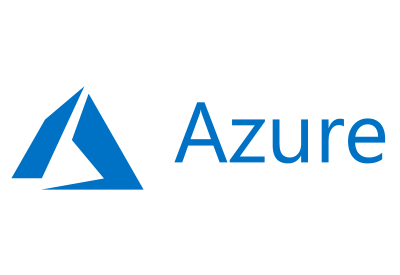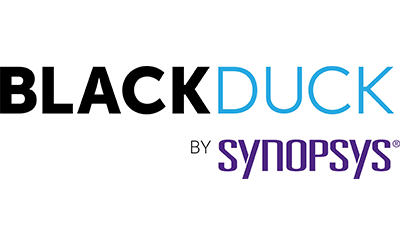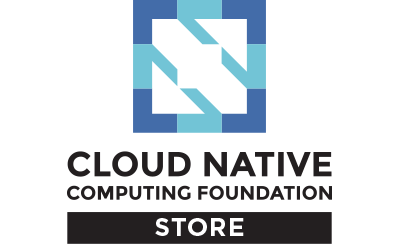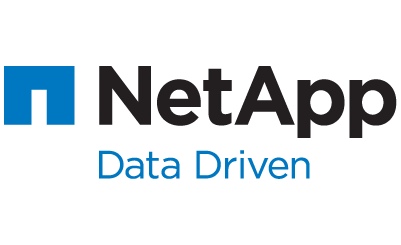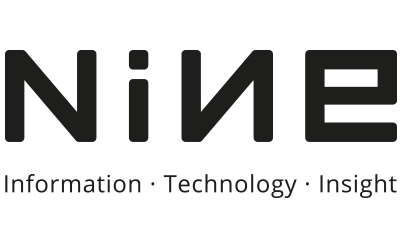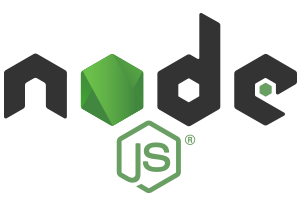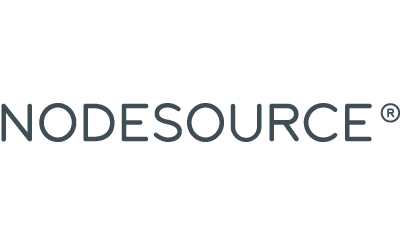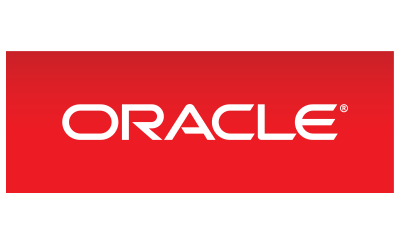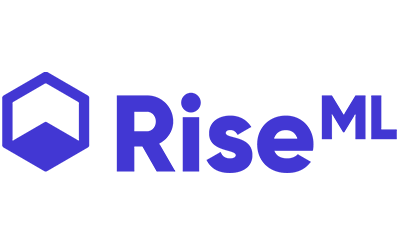The CFP is now closed.
KubeCon+CloudNativeCon Europe 2018 CFP Guide
Being cloud native requires a broad set of components and communities to work together and an architecture that departs from traditional enterprise application design. This is a very fragmented process and the Cloud Native Computing Foundation aims to help make it simpler to assemble these moving parts by driving alignment among technologies and platforms.
The Cloud Native Computing Foundation is hosting KubeCon + CloudNativeCon to bring together leading contributors in cloud native applications and computing, containers, microservices, central orchestration processing, and related projects to further cloud native education, including Kubernetes, Prometheus, OpenTracing, Fluentd, Linkerd, gRPC, CoreDNS, containerd, rkt, CNI, Envoy, Jaeger, Notary, and TUF. By bringing all of the CNCF projects under one program, we provide a platform for showcasing a full range of technologies that support the cloud native ecosystem and help bring cloud native project communities together.
Dates to Remember
- CFP Open: Monday, November 20, 2017
- CFP Close: Friday, January 12, 2018 – 11:59 PM PST
- CFP Notifications: Wednesday, February 14, 2018
- Schedule Announced: Thursday, February 15, 2018
- Slide Due Date: Friday, April 20, 2018
- Event Dates: May 2-4, 2018
First Time Submitting? Don’t Feel Intimidated
CNCF events are an excellent way to get to know the community and share your ideas and the work that you are doing. You do not need to be chief architect or long time industry pundit to submit a proposal, in fact, we strongly encourage first-time speakers to submit talks for all of our events.
Our events are working conferences intended for professional networking and collaboration in the CNCF community and we work closely with our attendees, sponsors and speakers to help keep CNCF events professional, welcoming, and friendly. If you have any questions on how to submit a proposal, or the event in general, please contact speakers@cncf.io.
Co-Chairs


Liz Rice
Liz Rice is the technical evangelist at container security specialists Aqua Security. Prior to that she was CEO of Microscaling Systems and one of the developers of MicroBadger, the tool for managing container metadata. She has a wealth of software development, team, and product management experience from working on network protocols and distributed systems, and in digital technology sectors such as VOD, music, and VoIP. When not building startups and writing code, Liz loves riding bikes in places with better weather than her native London.
Kelsey Hightower
Kelsey Hightower has worn every hat possible throughout his career in tech, and enjoys leadership roles focused on making things happen and shipping software. Kelsey is a strong open source advocate focused on building simple tools that make people smile. When he is not slinging Go code, you can catch him giving technical workshops covering everything from programming to system administration.
Suggested KubeCon Topics:
• Advanced scheduling use cases
• Complicated networking at scale
• Cool new tech and how it can be used with Kubernetes
• Cutting-edge technical use cases
• Deploying and using Kubernetes in production in the enterprise
• Developer workflows using git push-to-service in production
• Kubernetes + IoT
• Load balancing
• Managing persistence storage in Kubernetes
• Orchestrating multi-host, multi-container, distributed applications
• Running multi-site, hybrid, distributed applications
• Unique use cases and how Kubernetes helped your team/company
• Using Kubernetes to manage and secure your application infrastructure
• Using Kubernetes with configuration management
• Using Kubernetes with continuous integration, testing and continuous deployment
• Using Kubernetes with software defined networking
• Workflows you’ve adopted for developer workflows and continuous delivery
Suggested CloudNativeCon Topics:
• Cloud native technology in production
• Cloud native logging
• Containers: Use-cases, using containers in production, developing with containers
• Developer workflows using containers and cloud native technology
• Microservices in production (e.g., gRPC)
• Orchestration (e.g. Kubernetes, Mesos, Swarm, Nomad)
• Serverless
• Stateful cloud native applications
• Unique cloud native technology use cases
• Using cloud native technology to manage your infrastructure
Suggested Fluentd Topics:
• Best practices for better performance on logging
• Distributed logging in Production
• Extending Fluentd or Fluent Bit
• Fluentd internals and core development
• Log aggregation patterns
• Log forwarding
• Security
• Use cases of Fluentd or Fluent Bit
Suggested Prometheus Topics:
• Integrating with Prometheus
• Prometheus fundamentals and philosophy
• Prometheus internals and core development
• Prometheus use case reports
• Using Prometheus
Suggested Distributed Tracing, Jaeger, and OpenTracing Topics:
• Beyond single transactions: understanding distributed traces in the aggregate
• Distributed tracing in production
• Distributed tracing via OpenTracing and proxies like Envoy/linkerd
• Experiences with substantial OSS OpenTracing integrations (RPC frameworks, clients)
• Experiences / war stories with instrumentation of large existing codebases
• Extending / customizing Jaeger
• How organizations use tracing with metrics and logging
• Logs vs. traces, a unified theory
• Making different tracing systems interoperate
• Practical approaches to sampling
• Security/multitenancy – are these an issue, how are they being addressed
• Tracer implementations (e.g., Jaeger, Zipkin, Appdash)
• Tracing into web/mobile clients
• Transparent tracing across user – container/kernel boundary (e.g., Sysdig)
• Using Jaeger in different stages of devops lifecycle
Suggested gRPC Topics:
• Forward and Backward compatibility of APIs
• gRPC and load balancing: Experience with proxy based/client side lb and service discovery
• gRPC + IOT
• Large polyglot gRPC deployment experience
• Monitoring and Tracing of gRPC services
• REST and gRPC together with gateways
• Use of streaming grpc apis
Suggested Linkerd Topics:
• Cloud smash: hybrid cloud, multi cloud, and failover-to-cloud with Linkerd
• CNCF project glue! Linkerd + Prometheus, Linkerd + Kubernetes, Linkerd + Zipkin, Linkerd + Fluentd, Linkerd + gRPC
• Linkerd everywhere: Ingress, egress, and intra-cluster traffic
• Linkerd for integration! Bridge Kubernetes, Mesos, Amazon ECS, OpenStack, ZooKeeper, etc
• Linkerd for security! Cross-service TLS and cert management
• Linkerd in production! Use cases, user stories, war stories
• Linkerd with Istio! Using Istio APIs to drive a Linkerd fleet
• Ultramodern system design: Linkerd, Kubernetes, and gRPC
Suggested CoreDNS Topics:
• CoreDNS integration with Prometheus, OpenTracing, gRPC and other CNCF projects
• Discussions of use cases for specialized middleware
• Experience with production deployments of CoreDNS:
– For Kubernetes service discovery
– As a Kubernetes federation DNS provider
– In non-Kubernetes environments
• How to Build a CoreDNS Middleware
• Use cases for CoreDNS in K8s and other Cloud Native environments
Suggested Containerd Topics:
• Building specialized container based systems with containerd, Moby and LinuxKit
• How containerd is used in Docker
• How containerd is used in Kubernetes via CRI
• Using containerd directly to manage containers
Suggested rkt Topics:
• Kubernetes and rkt: rktnetes, CRI and other sig-node topics
• Linux containers security aspects (seccomp, selinux, virtualization, etc.)
• Integrating rkt with external supervisors and orchestrators
• rkt beyond namespaces (KVM, Xen, etc.)
• rkt internals, architecture and design analysis
• pod-native patterns and production workloads reports
Suggested Container Networking Interface (CNI) Topics:
• 3rd-party plugins
• Building complex container networks
• CNI beyond containers (hypervisors, VMs, etc)
• CNI on non-Linux platforms
• Containers and IPv6
• Extending CNI through plugin capabilities
• Integration with container orchestration systems
Suggested Envoy Topics:
• Authentication and authorization (integration with SPIFFE, mTLS, etc.)
• Control planes (Istio/Nelson/custom) and global load balancing
• Filter extensions (L4/L7)
• Kernel bypass: Using Envoy with user mode networking stacks like DPDK/VPP
• Next generation observability via Envoy service mesh (tracing, stats, logging, unified dashboards)
• Performance profiling and enhancement
• Production deployment war stories
• Use in edge serving (TLS, k8s ingress, etc.)
Suggested Notary/TUF Topics:
• How do you trust your supply chain?
• How should keys be stored / managed?
• Integrating Notary in to a distribution system
• Interesting use cases for signed collections
• TUF security for your distribution channels
• What are the right tradeoffs between interoperability and supporting diverse cryptographic algorithms / file formats?
• What does it mean to “trust” digital content?
• What would ideal mechanism be for key rotation?
Suggested Community Topics:
• Building the cloud native community
• Career development
• CFP proposal tips, tricks and best practices
• Diversity and inclusion initiatives
• How to start a meetup
• Mentoring
• Project strategy & leadership
• Reaching out to your colleagues
• Training opportunities
Suggested Serverless Topics:
• Serverless in production (use cases and case studies)
• Hybrid architectures (integrating FaaS into existing systems)
• Monitoring and observing serverless systems (tooling and techniques)
• Managing functions at scale (orchestration, assembly, packaging)
• Integrating events across serverless cloud providers and on premises FaaS (event standardization)
Reminder: This is a community conference — so let’s try to avoid blatant product and/or vendor sales pitches.
Consider the Following as You Write Your Proposal
1. What do you expect the audience to gain from your presentation?
2. Why should YOU be the one to give this talk? You have a unique story. Tell it.
3. Be prepared to explain how this fits into the CNCF and overall Open Source Ecosystem.
If you choose to submit multiple talks, please do so with the understanding that they should all be unique. These should be as separate of talk topics as you can muster. Multiple talks do not necessarily increase your chance of being selected.
We definitely do not expect every presentation to have code snippets and technical deep-dives but here are two things that you should avoid when preparing your proposal because they are almost always rejected due to the fact that they take away from the integrity of our events, and are rarely well-received by conference attendees:
- Sales or Marketing Pitches
- Unlicensed or Potentially Closed-Source Technologies
There are plenty of ways to give a presentation about projects and technologies without focusing on company-specific efforts. Remember the things to consider that we mentioned above when writing your proposal and think of ways to make it interesting for attendees while still letting you share your experiences, educate the community about an issue, or generate interest in a project.
How to Submit Your Proposal
We have done our best to make the submission process as simple as possible. Here is what you will need to prepare:
1. Choose a submission type:
- A Birds of a Feather (BoF) session is a discussion forum where there is someone facilitating only 20% of the time with 80% audience interaction.
- Panel: If you are proposing a panel discussion, please make sure that you list all of your potential panelists and their information (4 panelists maximum).
- Presentation: 35-minute presentations will be limited to 2 presenters.
Note: All panels are required to have at least one female speaker.
2. Choose the track for your proposal:
- KubeCon
- CloudNativeCon
- Prometheus
- OpenTracing
- Fluentd
- gRPC
- Linkerd
- containerd
- rkt
- Container Networking Interface (CNI)
- CoreDNS
- Envoy
- Jaeger
- Notary
- TUF
- Community
- Serverless
Note: Final tracks for the conference will be based on accepted submissions.
3. Provide a biography, including your previous speaking experience.
4. What category is your proposal?
- Case Studies
- Developer
- Operations
- Security
- Services
- Storage
- Wildcard
5. Provide us with an abstract about what you will be presenting at the event.
- Provide as much information as possible about what the content will include. Do not be vague.
6. Tell us how the content of your presentation will help better CNCF and open source ecosystem. We realize that this can be
a difficult question to answer, but as with the abstract, the relevance of your presentation is just as important as the content.
7. Select the experience level:
- Beginner
- Intermediate
- Advanced
- Any
8. List any technical requirements that you have for your presentation over and above the standard projector, screen and wireless Internet.
Sample Submission
Your abstract will be the cornerstone of your proposal.
This is your chance to *sell* your talk to the program committee, so do your best to highlight the problem/contribution/work that you are addressing in your presentation. The technical details are still important, but the relevance of what you are presenting will help the program committee during the selection process.
This is the abstract that will be posted on the website schedule, so please ensure that it is in complete sentences (and not just bullet points) and that it is written in the third person (use your name instead of “I”).
Example: Kernel Weather Report (Jon Corbet, LWN.net) – The Linux kernel is at the core of any Linux system; the performance and capabilities of the kernel will, in the end, place an upper bound on what the system can do as a whole. In this presentation, Jon Corbet will review recent events in the kernel development community, discuss the current state of the kernel, the challenges it faces, and look forward to how the kernel may address those challenges.
Travel Support + Speaker Passes
If you require travel support, please be sure to answer the request for travel funding at the end of the CFP submission form.
All speakers are required to review, and adhere to, our Code of Conduct.
Each session is allowed (1) primary speaker and (1) co-speaker. All accepted speakers will receive a complimentary conference pass. For panel discussions, all panelists will receive a complimentary conference pass; maximum 4 panelists & 1 moderator. (Panels are required to include at least 1 female participant).

